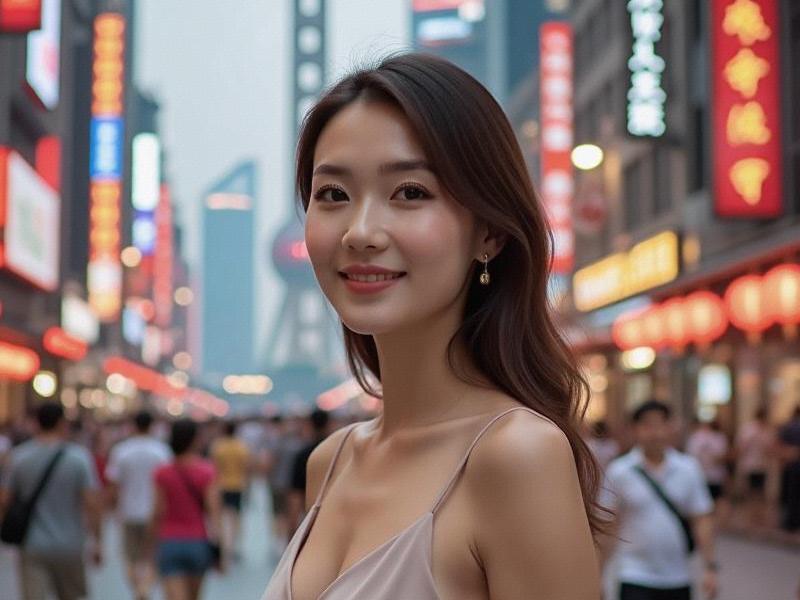This in-depth feature examines how Shanghai's millennial women are redefining success by merging professional achievement with personal style and cultural pride in China's most cosmopolitan city.

The morning rush hour in Shanghai reveals a fascinating social phenomenon. As crowds pour out of subway stations across the city, one group stands out - impeccably dressed young women checking stock prices on their phones while reapplying lipstick in compact mirrors. These are Shanghai's "三高女性" (san gao nü xing) - the "three high women" with high education, high income, and high emotional intelligence who are reshaping what it means to be a successful modern Chinese woman.
The Education Revolution
Shanghai's female workforce enters the job market with arguably the best education in the world. The city's girls have topped global PISA tests for over a decade, and now 68% of students at elite Fudan University are female. "We grew up being told we could achieve anything," says tech entrepreneur Rachel Zhou, 28, whose AI startup just secured $20 million in Series A funding. "In Shanghai, no one bats an eye at a female CEO - they just expect you to be good at your job." This confidence shows in the numbers: women hold 42% of senior management positions in Shanghai companies, compared to just 29% in Beijing.
上海龙凤阿拉后花园 Beauty as Strategic Advantage
The Shanghai beauty regimen is anything but frivolous. Mornings begin with scientifically optimized 12-step skincare routines combining Korean innovations with traditional Chinese herbs. Lunch breaks see power meetings conducted during manicures at Japanese-style nail salons where business cards are exchanged over gel applications. "Looking polished isn't vanity here - it's professional armor," explains image consultant Vivian Xue, who trains female executives at multinational corporations. Her most requested lesson? How to command authority while wearing pastel colors favored by Shanghai's fashion elite.
Fashion's Cultural Diplomacy
上海花千坊龙凤 Shanghai's streets have become runways showcasing a unique East-West sartorial diplomacy. Young professionals pair qipao-inspired dresses from local designer Helen Lee with Manolo Blahnik heels. Social media influencers mix 1920s-style hairpins with Off-White streetwear. "We're creating a new visual language," says fashion blogger Emma Lin, whose ShanghaiStyle posts attract millions. This fusion aesthetic has commercial power too - Shanghai women account for 22% of China's luxury spending despite being just 1.7% of the population.
The Marriage Equation
Even in personal relationships, Shanghai women approach life strategically. While parents still organize相亲 (xiangqin) meetings, today's Shanghainese brides demand partners who complement rather than control their ambitions. Bilingual dating profiles highlight MBAs and marathon times alongside family values. "My husband understands my work comes first right now," says investment banker Sophia Wu, 32, checking her watch during a champagne toast at her wedding in the Waldorf Astoria. Like 38% of Shanghai's newlyweds last year, she kept her maiden name professionally.
上海水磨外卖工作室
The Future is Female (and Shanghainese)
As Shanghai positions itself as Asia's innovation capital, its women are leading the transformation. From biotech labs in Zhangjiang to contemporary art galleries in M50, a new generation is proving that in Shanghai, beauty and brains aren't mutually exclusive - they're multiplicative. When Bloomberg ranked global cities by female economic power last year, Shanghai topped Asian competitors. As veteran journalist Lily Zhang observes: "Beijing women marry power, Guangzhou women marry money, but Shanghai women become the power and money themselves." In China's most dynamic city, the future doesn't just include women - it's being shaped by them.